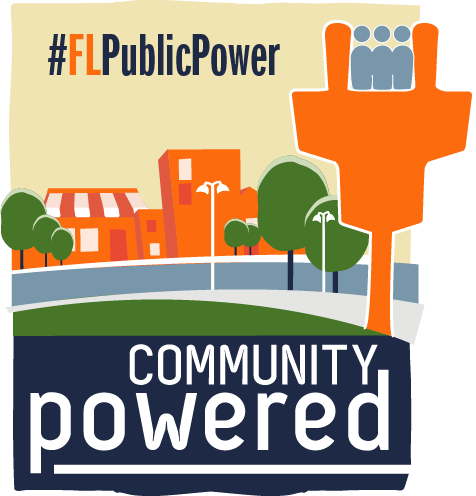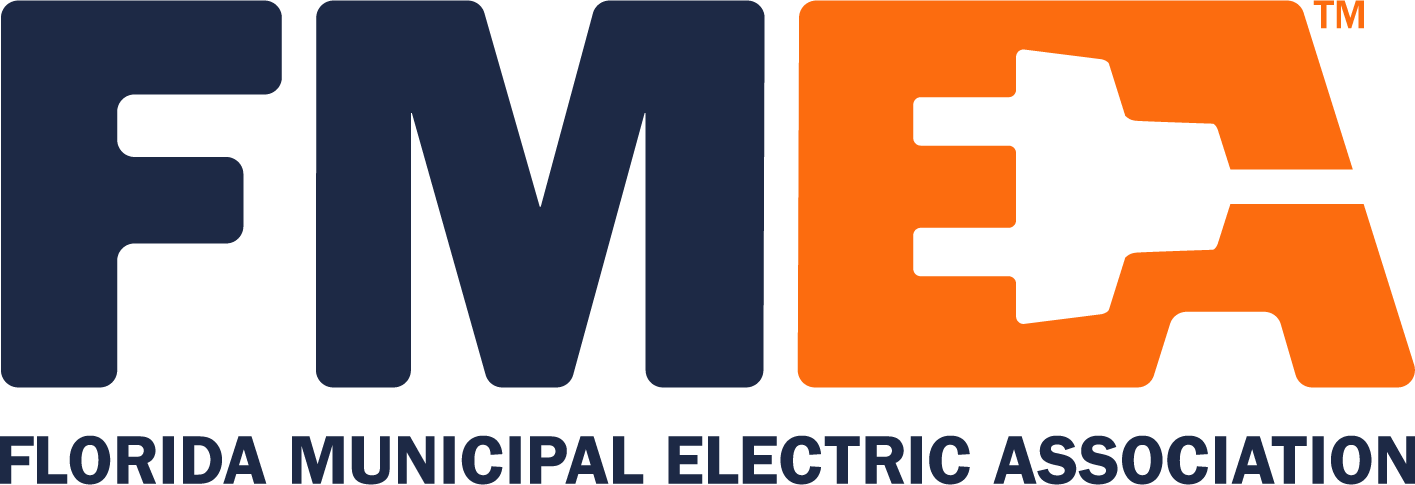Foes of FPL Settlement Seek Another Look
 Article reposted with permission from The News Service of Florida.
Article reposted with permission from The News Service of Florida.
Opponents of a proposed settlement that would increase Florida Power & Light’s base electric rates want state regulators to take another look at a “counter proposal.”
The state Office of Public Counsel, which is designated by law to represent utility customers, and allied consumer groups urged the Florida Public Service Commission on Monday to reconsider a decision that dismissed the counter proposal.
The request for reconsideration came two weeks before the commission is scheduled to start what likely will be a contentious and lengthy hearing on a proposed settlement that FPL reached last month with numerous businesses and groups. The Office of Public Counsel and its allied groups countered by filing a competing proposed settlement.
But commission Chairman Mike La Rosa on Sept. 12 issued an order dismissing the counter proposal, ruling that FPL is an “indispensable party to any settlement.” La Rosa, acting as a prehearing officer, said all of the parties in the case “readily acknowledge that the Florida Public Service Commission has never before considered a settlement agreement filed in a rate case that does not include as a party the utility that has requested the rate increase.”
In Monday’s request for reconsideration, however, the Office of Public Counsel and its allies said the Florida Supreme Court has never ruled on whether a utility would have to be a party to a settlement.
“If the commission were to find that the terms of the (counter proposal) were in the public interest, and that the (counter proposal) would result in fair, just, and reasonable rates, then the commission would have just as much authority to approve it without FPL’s consent or over FPL’s objection,” the motion for reconsideration said.
Also, it said the regulatory commission’s authority to set utility rates is “not conditioned on any party’s approval or absence of objection, including FPL.”
“Indeed, throughout its history, the commission has regularly made decisions determining a utility’s rates and prescribing terms and conditions for its services that were opposed by the utility,” the motion said.
Base-rate cases are highly complex and play out over months, with voluminous amounts of technical and financial data. They often are resolved through settlements that have to be approved by the Public Service Commission. In some cases, however, the commission determines rates without a settlement.
The FPL settlement hearing is scheduled to start Oct. 6 and could last two weeks.
FPL filed an initial rate proposal in February but scaled it back in the proposed settlement filed Aug. 20. FPL reached its proposed settlement with the Florida Industrial Power Users Group; the Florida Retail Federation; the Florida Energy for Innovation Association; Americans for Affordable Clean Energy; the Southern Alliance for Clean Energy; Walmart Inc.; EVgo Services, LLC; Circle K Stores, Inc.; RaceTrac Inc.; Wawa, Inc.; Electrify America, LLC; Armstrong World Industries, Inc.; and federal government agencies.
The proposed settlement would lead to base-rate increases of $945 million in 2026 and $766 million in 2027, according to the utility. FPL also would collect additional amounts in 2028 and 2029 for solar-energy and battery-storage projects.
The counter proposal, which was filed Aug. 26, would have resulted in increases of $867 million in 2026 and $403 million in 2027. It also would have left open the possibility of FPL seeking increases of an estimated $195 million in 2028 and $174 million in 2029 for generation-related projects that could include solar and battery projects.
The Office of Public Counsel and its allies said the FPL proposal could lead to cumulative increases over four years of $6.903 billion, while the counter proposal would total $5.241 billion.
Along with the Office of Public Counsel, the counter proposal was filed by the groups Florida Rising, the League of United Latin American Citizens of Florida, Environmental Confederation of Southwest Florida and Floridians Against Increased Rates.
 Enter your email address in the
Enter your email address in the 